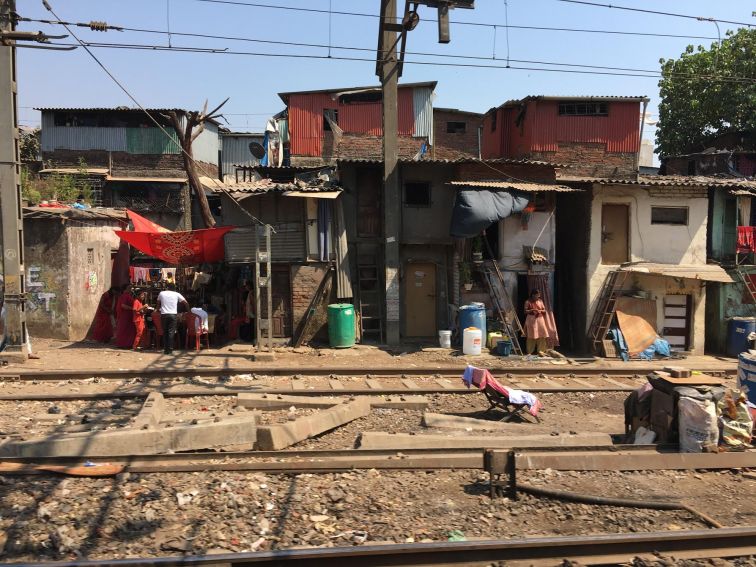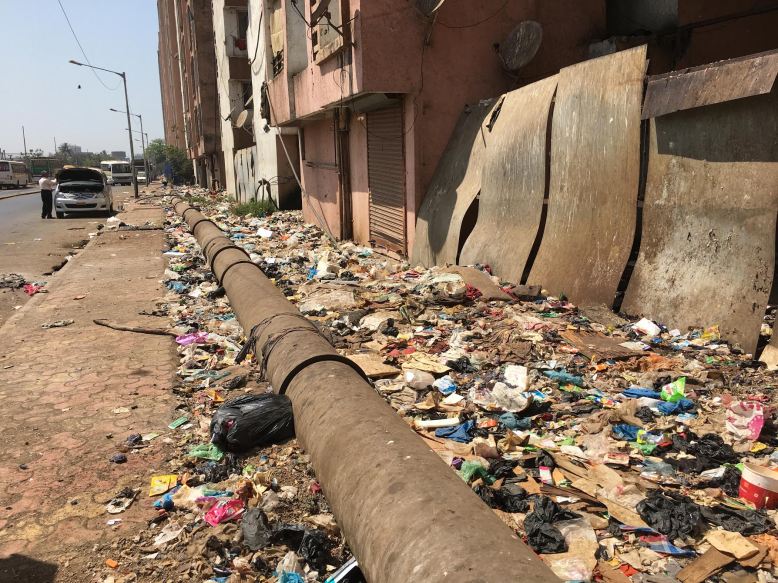I have been blessed to be able to spend some time in Mumbai, India. It is hard to put into words how fascinating the blend of the city is. Blend of Indian and European cultures. Blend of rich and poor. And there seems to be no pedestrian or traffic rules! In my time here, I have been blessed to see both the local and international sides of education here. Now the international side mirrors much of what we see in the modern education system. But in seeing the local side and exploring the streets of Mumbai, it is clear to me that we are blessed to have education not only be a given right in the states, but also a privilege we are entrusted with. Here are my thoughts:
That One Kid
I think it is easy for us as educators to be blinded by the context in which we live. It is also easy for us to get frustrated with kids that just “don’t” get it. Johnny won’t listen. Susie won’t sit down. Billy doesn’t do his homework. I myself have had certain students that I didn’t connect with and that can make the job challenging. But after seeing a couple local Mumbaikar schools, I can’t help but think about the “first-world problems” that I encounter on a daily basis back at home when dealing with students.
We know many of our students have their own struggles and the need for personalization and differentiation is never more apparent. But I know, I will not complain about the struggles I might have with that one kid anymore because I am blessed to live in a place where I don’t have worry about many of the things that others around the world have to on a daily basis that disrupt learning.

Initiative Fatigue
It is also really easy in the United States to feel initiative fatigue. We are constantly trying to innovate and reframe the lens in which teaching and learning can happen in schools. Things like project-based learning, competency-based assessment, and design thinking can transform learning, but they also take time, energy, and brain power. It is very easy as an educator in the US, even in an amazing school at the forefront of innovation in public schools like I am, to get weary of always having to reinvent and reimagine our practices for the future.
Initiative fatigue is a real thing, but generally there are other personal factors that cause the fatigue, not the initiative itself. After spending some time in a school that didn’t have power, solid floors, or materials, I loose my sympathy for those that bitch and moan about pushing their own or others practices to the benefit of students. Having the privilege to be able to plan and implement amazing projects or working with a leading researcher on mindfulness isn’t going to cause you any pain or despair. We are blessed to have the ability and resources to try new things.
“21st Century” Learning
We are clearly deep into the world of 21st Century learning at this point. Defining deeper learning outcomes for students have helped calibrate and align teaching practices. In my time here in India, I have seen that 21st Century learning can be a myth in some places. Forget Chromebook roll-outs and 3D printers. Survival is the deeper learning outcome for many of the students I met. I met one student who every sibling had dropped out of school at some point to go work. However, the same passion to learn that I see in many of my own students still existed this student.
Its easy to get caught up in what we have or don’t have money for. You can easily get numb or selfish about having access to wi-fi or mobile learning spaces. How many times do we have a panic attack if the wi-fi goes down in an American school? Every time. It is clear though, we are fortunate to even be able to consider taking learning deeper and stretch it further into the 21st Century.

It is easy as an American educator to not grasp what the worst learning conditions really look like. Even if I think I comprehend and have empathy for those learners, I still don’t live it. I respect all educators, but will not lie and say I am the biggest educator empathizer. I know many educators on both sides of the fence. Some that are always finding new ways to ignite the passion in their students and some that are afraid of change, live with a false fear, or are unwilling to challenge their practices. After my time here and seeing some of Mumbai’s toughest schools: kids are still kids, a desire for learning and growing can exist anywhere (it might just look different), and I know that I won’t fall for any traps that gets me to forget the privilege and right I have been given to empower the students in front of me. Time for us to suck it up and get to work.
-Riley
